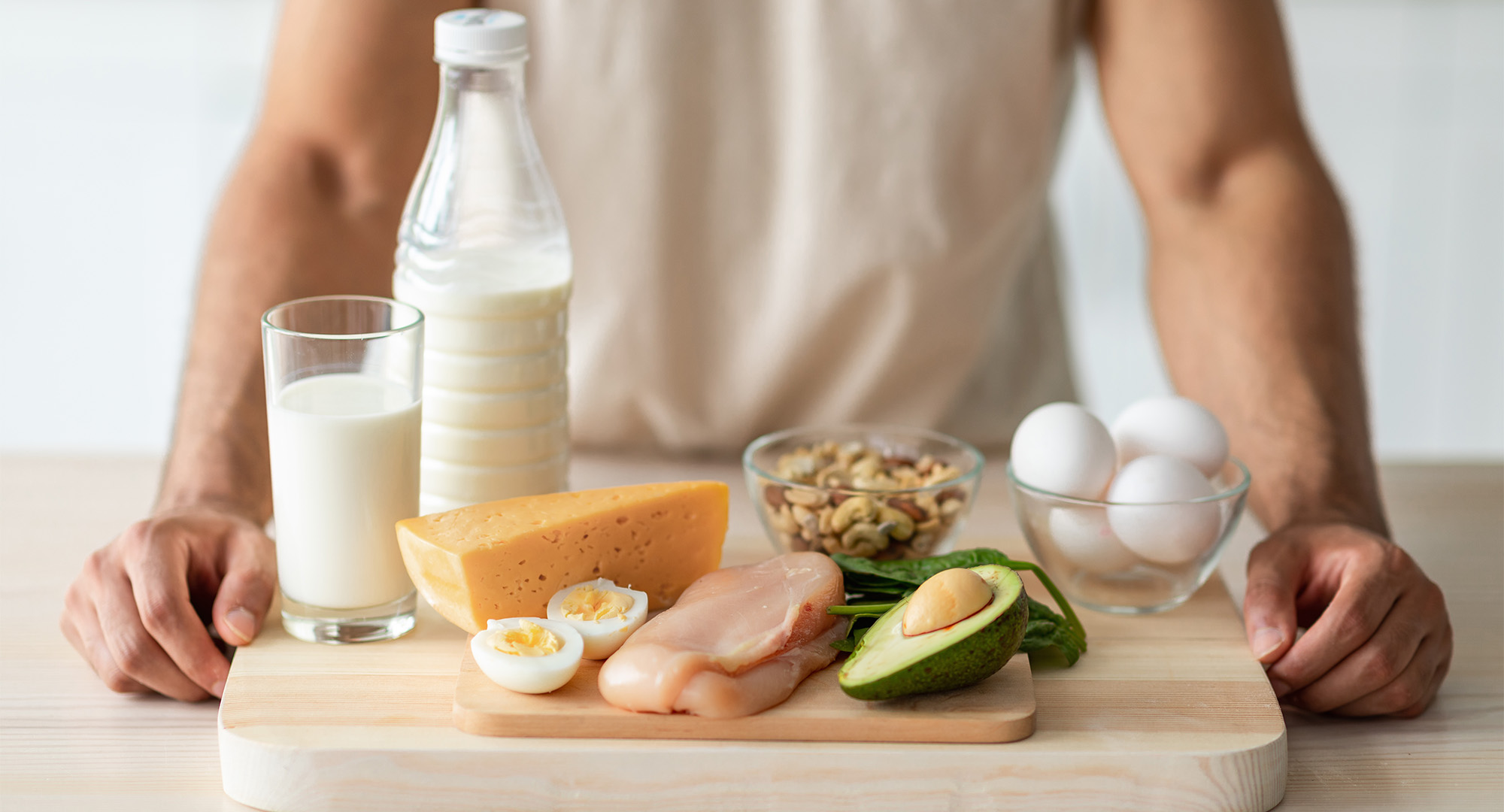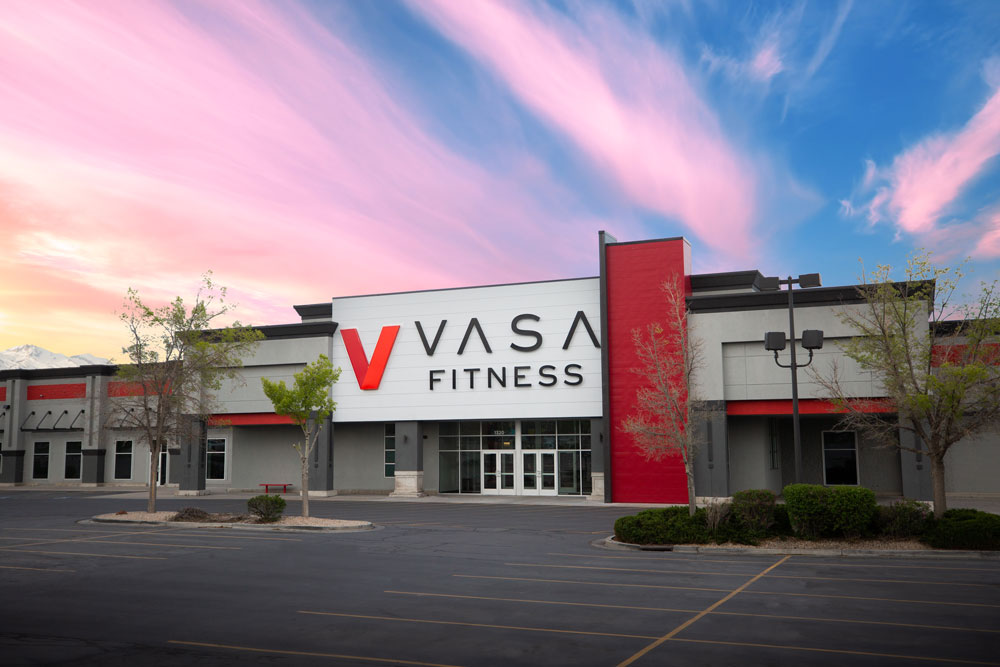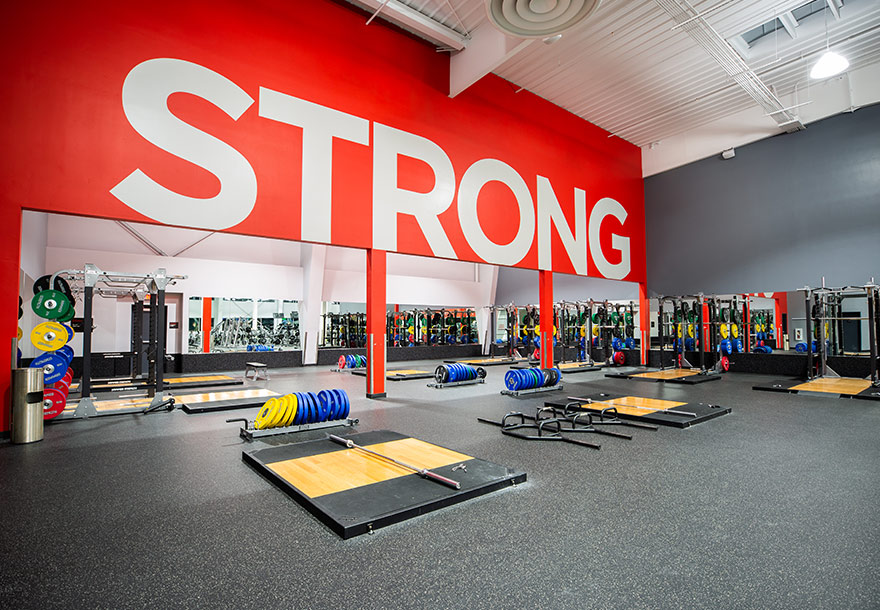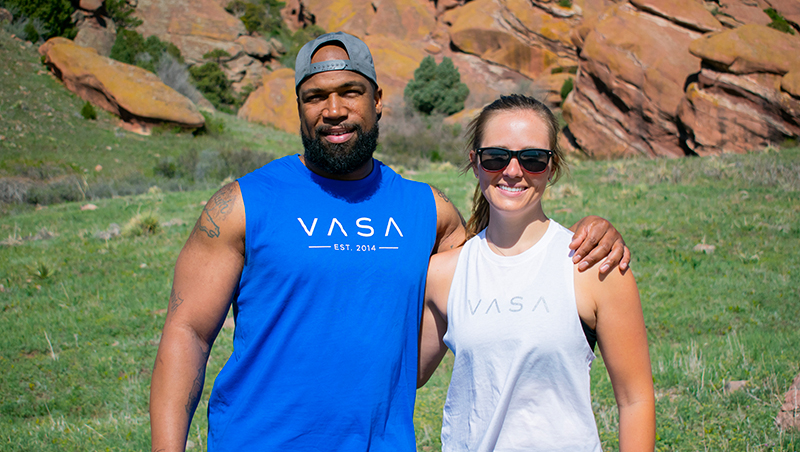Protein Power-Up: Expert Tips and Tricks to Boost Your Daily Intake
Protein is a vital component of a balanced diet, but many individuals struggle to meet their daily protein requirements, which can hinder their overall health and fitness goals. In this article, we will explore expert tips and tricks to help you increase your protein intake, ensuring you reap the benefits of this essential nutrient.
Understanding Protein: Proteins are the body’s building block and support the makeup of your hair, skin, and nails plus cellular structure and function. Protein also transports oxygen through the bloodstream and plays an essential role in metabolism and hormones. Protein has a specific combination of amino acids that are divided into two classes: essential and non-essential. Non-essential amino acids can be made by the body, whereas essential amino acids cannot be made by the body and require intake through diet.
Protein-Rich Foods: There is a wide range of protein-rich foods available to suit different dietary preferences. Animal-based sources like lean meats, poultry, fish, eggs, and dairy products provide high-quality proteins with essential amino acids. For those following a plant-based diet, options such as legumes, tofu, tempeh, quinoa, and nuts are excellent sources of plant protein. Incorporating a variety of these foods into your meals ensures a diverse nutrient profile.

Meal Planning: Designing meals with a focus on protein is crucial. Begin with protein-packed breakfast options like eggs, Greek yogurt, or protein smoothies. For lunch and dinner, explore recipes that include lean meats, fish, or plant-based proteins as the centerpiece. Enhance your meals with protein-rich side dishes, such as lentil salads or roasted chickpeas. Don’t forget about snacks and desserts, which can also contribute to your daily protein intake through options like protein bars or Greek yogurt parfaits.
Protein Supplements: In some cases, meeting your protein goals solely through whole foods can be challenging. Protein supplements can bridge the gap and provide a convenient source of protein. There are different types of protein supplements available, such as whey, casein, and plant-based options like pea or soy protein. Consider your dietary preferences and goals when choosing the right supplement for you, and incorporate them into your daily routine as needed.
Assessing Your Protein Needs: Aim for about .8 to 1 gram of protein for every pound of bodyweight. For example, a 150 lb person would need 120-150 grams of protein per day. This may seem like a lot of protein, however, it’s an important source of amino acids that help repair and build not only muscles, but your hair, nails, and bones as well. If you start building each meal with a good protein source, you’ll be less like to overeat fats and carbohydrates or crave sweet or salty snacks between meals.

How to Hit Your Daily Protein Goal: Utilize cooking techniques that retain the protein content in your food, such as grilling, baking, or steaming instead of frying. Combine complementary proteins, such as beans and rice or hummus and whole wheat bread, to ensure you get all the essential amino acids your body needs.
Protein Timing: Timing protein consumption in relation to exercise or physical activity is an important aspect of optimizing muscle repair and recovery. Pre-workout protein intake promotes muscle growth and prevents muscle breakdown. Consuming protein post-workout is equally crucial as it helps replenish depleted amino acid stores and supports muscle repair and growth. Studies suggest that consuming protein within the first hour after exercise enhances muscle growth and recovery. Whey protein has been shown to be highly effective because it’s easily digestible. By strategically consuming protein before and after your workouts, you can maximize your workouts, improve your recovery, and reach your goals faster.

Protein will help you optimize your overall health and fitness. Incorporate a variety of protein-rich foods, plan meals strategically, consider protein supplements when necessary, and apply smart strategies to maximize your protein intake. Embrace a protein-rich, healthy lifestyle, and enjoy the benefits of improved energy, reduced cravings, and improved muscle recovery.
SUBSCRIBE TO OUR BLOG
Enter your email to start receiving our blog emails!









